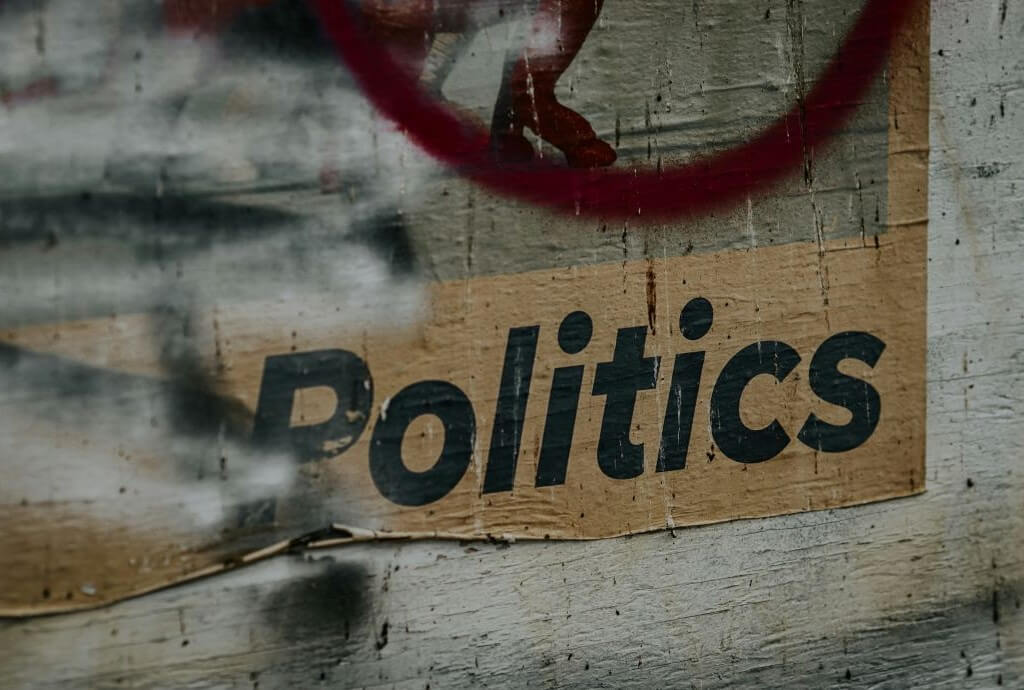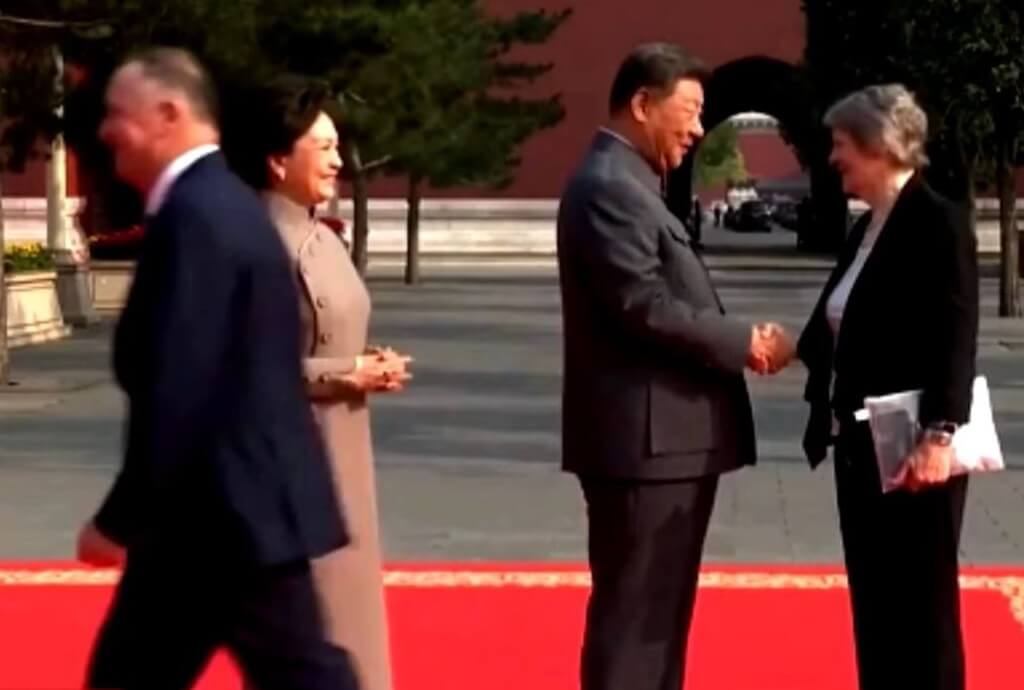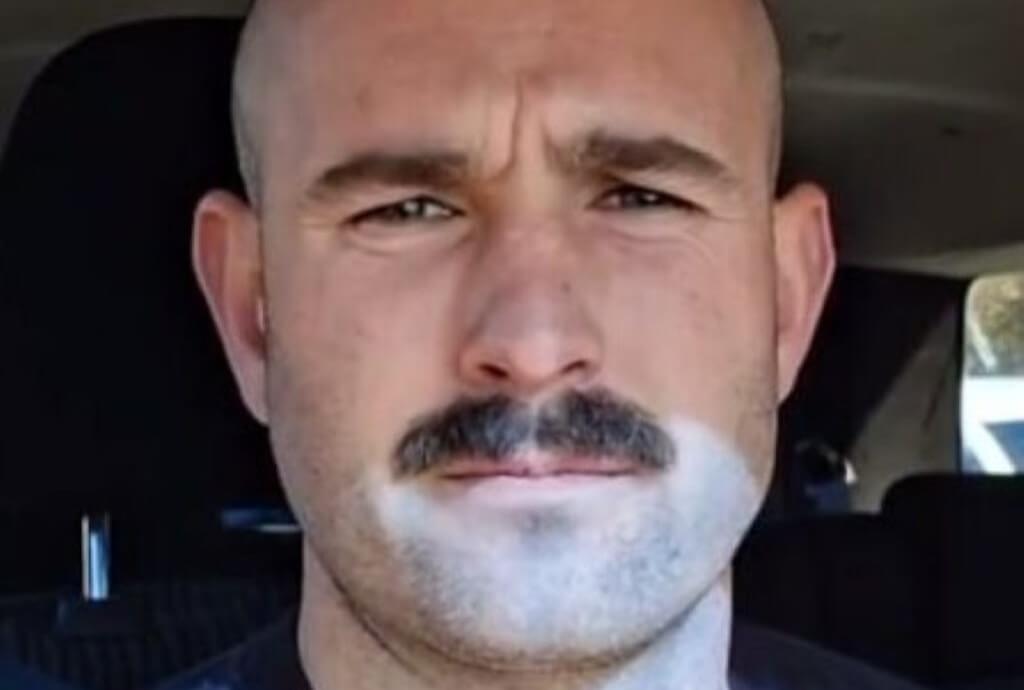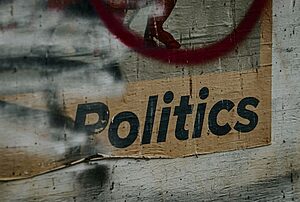In brief
- The media overlooks public dissatisfaction with government and media bias as reasons for the Right’s rise.
- Many misattribute the Right’s popularity to prejudice, ignoring government failures.
- “Different rights vs special rights”: Debate on the feasibility of race-based policies is forced open under the new government.
- New platforms fill gaps left by mainstream media’s perceived bias and lack of critical coverage.
Missing perspective
Several mainstream media articles in recent weeks attempt to explain why momentum is gathering around centre right forces, both politically and in the media. In our view these explanations fall short. While there are many reasons why the country changed tack, one perspective seemingly missing from the analysis is this:
The (reasonable) view for many is that the previous government not only mismanaged the country politically and economically, but the media was largely in cahoots with them the whole time.
In the lead up to the election, when voters rejected Labour and their race, gender and big government agenda, many abandoned the media for being lap dogs instead of watchdogs.
Labour’s radical progressive agenda, along with spending billions on several go-nowhere projects, simply made them unpopular. For many, the media appeared to be too willing to prop up Labour’s narratives, often with taxpayer funding. This meant they took heavy blows to their trustworthiness amongst the public. These missteps opened the way for opposition parties and new media platforms to offer different narratives, which resonated with voters and audiences, respectively.
Missing the point in the rise of populist political parties
One example of mainstream media perhaps missing the point comes from Dr Ian Hyslop, who wrote an article for Newsroom explaining “The emotional appeal of the populist right”.
Hyslop, who politically leans left, blames the rise of the political right on several reasons except the fact that the previous Labour government failed overall at improving the lives of Kiwis.
Instead, Hyslop focuses on the emotions and psychology of voters. He essentially describes them as simpletons and bigots for wanting the nation to be one people and for not buying into the colonialist narrative, which often cast Māori as victims.
He also, perhaps tellingly, carefully avoids saying plainly and clearly what he and many on the Left are implying, which is a two tier system where the minority enjoy rights based on race.
Many people viewed the previous Labour government as trying to instil this system of co-governance with a “wink and a nod” while the compliant media labelled critics as racists and bigots.
Forced to say the quiet part out loud

Under the new government, a debate has erupted around race and separatism as the Left’s supporters are forced to articulate what, under the previous government, was encouraged tacitly.
Activist journalist Mihingarangi Forbes tried to defend the two tier society roundly rejected by voters. She told ACT MP and party leader David Seymour that “it’s different rights rather than special rights” for Māori.
“Nonsense,” said Seymour. He says that there has been no explanation how two systems, one for Māori and one for everyone else, within such close proximity, could co-exist.
New media
The Spinoff’s Duncan Grieve mentioned Centrist alongside The Platform, Reality Check Radio and others as one of a slew of “new right leaning platforms”. Grieve notes “there has been no equivalent flowering on the left”, but perhaps he’s wrong. It’s called the mainstream media.
He admits the mainstream media “certainly trod lightly” around co-governance, lockdowns, and trans rights, “all of which had sizeable constituencies extremely interested in them.”
Considering those issues cost Labour the election, perhaps the media should have been covering them rather than appearing to run cover for them.



















